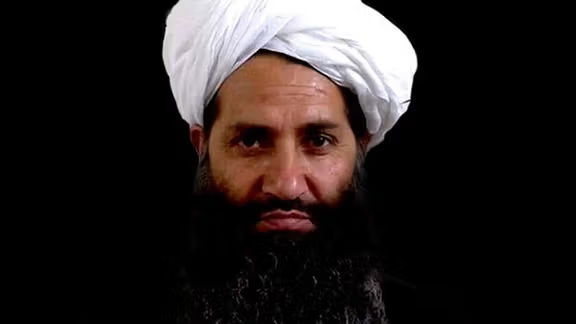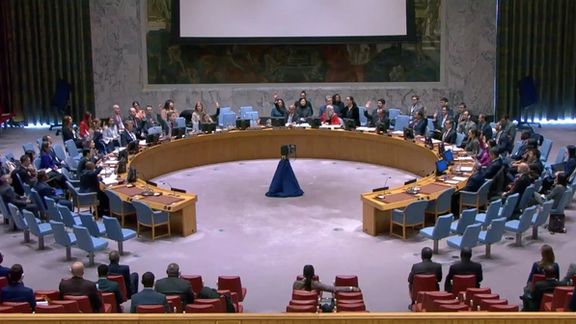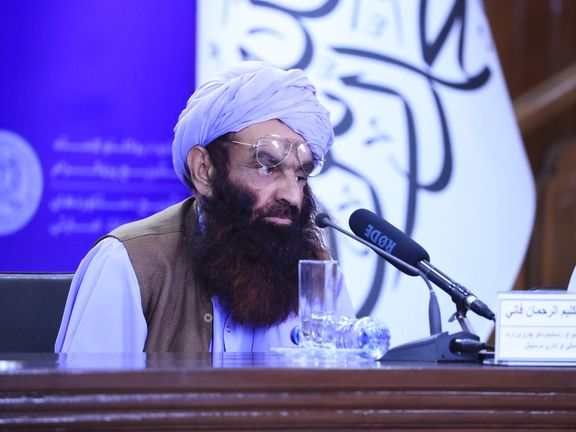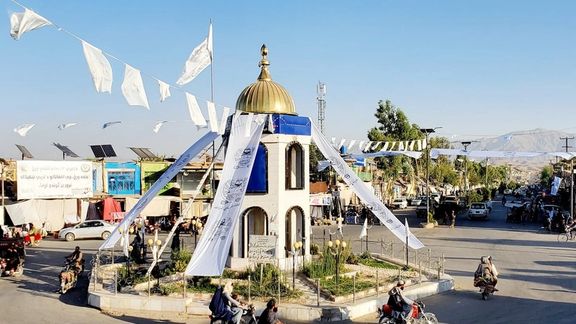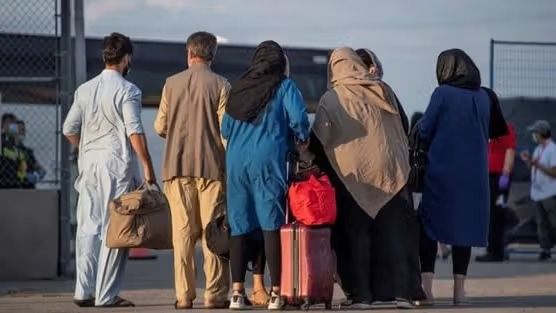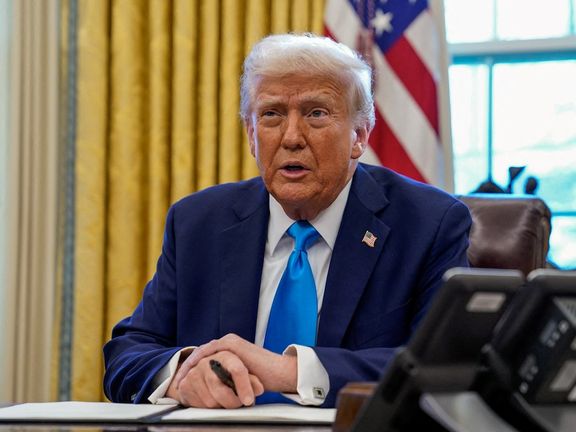His remarks come in the wake of the Department of Homeland Security’s decision to end Temporary Protected Status (TPS) for certain Afghan migrants. Despite the policy shift, Trump assured that those who were promised protection would be supported.
“We know the good ones, and we know the ones that maybe aren’t so good,” Trump said in response to a question about the fate of Afghan refugees. “We’re going to take care of those people, the ones that did a job [for us], the ones that were told certain things.”
Trump also renewed his criticism of the US withdrawal from Afghanistan, calling it “one of the most disgraceful episodes” in American history. He described the withdrawal as a scandal and reiterated previous pledges to help evacuate Afghan allies, including those stranded for years in the United Arab Emirates following the Taliban’s return to power in 2021.
While Trump did not outline a specific policy or detailed mechanism for how his administration would assist Afghan asylum seekers, he claimed that approximately 90 percent of those seeking permanent residency in the US would be eligible for assistance under his leadership.
Criticism Over Past Policies
Trump’s renewed support for Afghan allies comes in contrast to the restrictive immigration measures his administration implemented during his presidency, many of which adversely affected Afghan nationals. His stance drew criticism from veterans’ groups and advocates for Afghan partners, who argue that the Trump administration ended key resettlement programmes and failed to act on earlier promises.
The Biden administration has also faced scrutiny over its handling of Afghan resettlement. In May, the State Department announced the closure of the Office of the Coordinator for Afghan Relocation Efforts, the office responsible for overseeing the relocation of eligible Afghans, including applicants for Special Immigrant Visas (SIVs) and refugee status.
Adding to the uncertainty, US Secretary of Homeland Security Kristi Noem recently declared the end of TPS for Afghan nationals. Noem cited improved security conditions in Afghanistan as justification, a move that refugee advocates say could put thousands at risk of deportation to a country still plagued by human rights abuses and political instability.
According to US immigration data, more than 14,000 Afghan nationals currently in the United States, many of whom arrived through irregular migration routes via Latin America, could now face removal.
Humanitarian Concerns and Political Pushback
Allison Hooker, US Under Secretary of State, told the House Foreign Affairs Committee on 23 June that the administration values its Afghan partners and is actively exploring ways to reform and improve immigration pathways.
However, Democratic Representative Julie Johnson of Texas criticised what she described as contradictions between official statements and government action. “Tens of thousands of Afghans who worked with our forces during the 20-year war were promised a pathway [to American citizenship] and fully vetted, but are now stranded and waiting,” she said. “They face retribution for believing in America’s promises.”
Advocacy groups have warned that deporting Afghan nationals could result in detention, torture, or even death, particularly for those previously affiliated with US and allied forces. Calls continue from human rights organisations, veterans’ groups, and lawmakers for a clear, humane, and consistent policy to honour America’s commitments to its Afghan allies.
